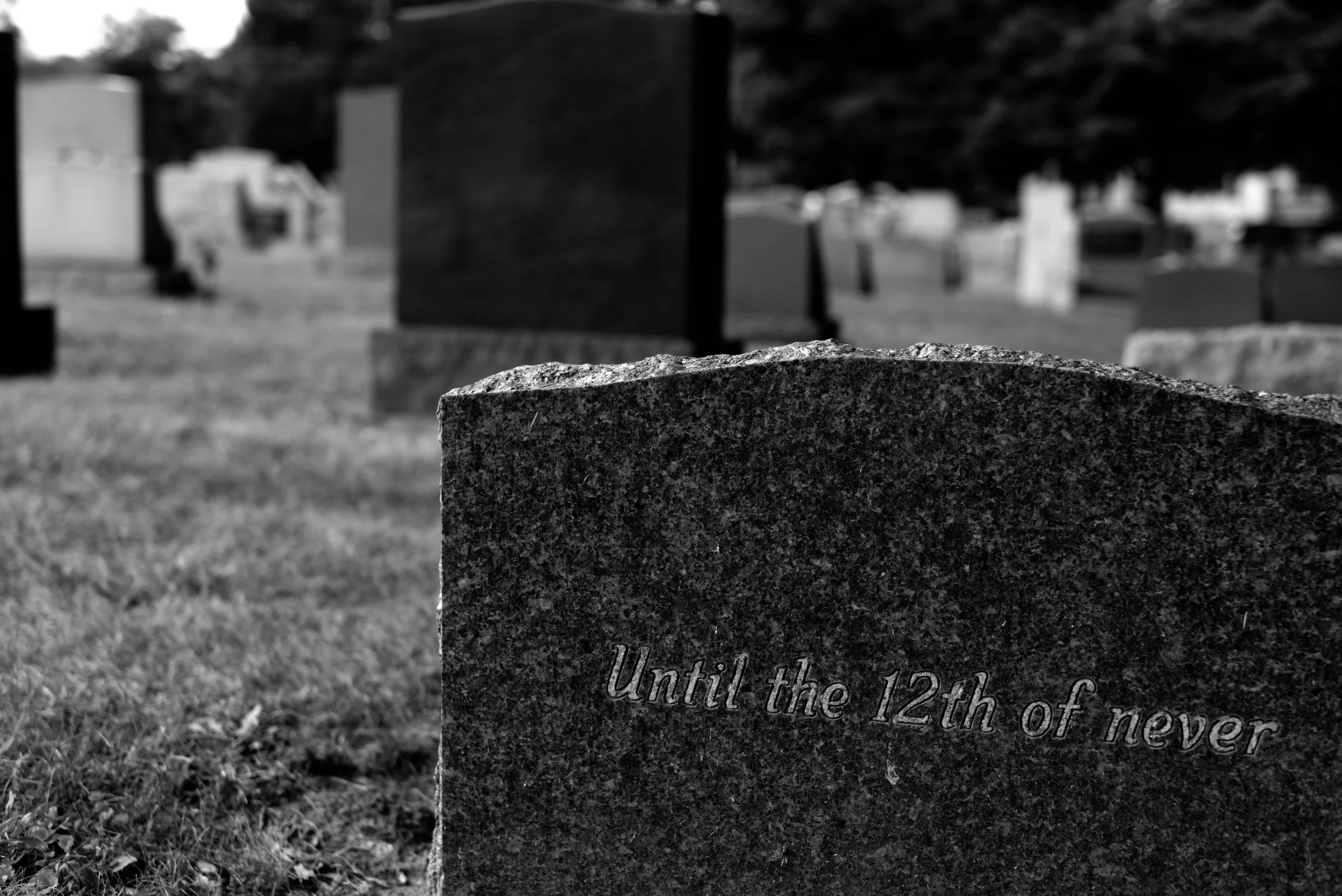THE EXHIBITION
•
THE EXHIBITION •

‘Dinner Party of Ex-Bosses’, ‘Requirements To Be A Pig’, ‘Manqué’, & ‘The Toilet and the Coffin’
Daniel Wood Adams is a multifaceted creative with a passion for blending visual aesthetics and craftsmanship. As a graphic designer, illustrator, and woodworker, Daniel’s work reflects a unique intersection of artistry and skill. Daniel’s creative journey began with degrees in Illustration and Graphic Design from Pratt Institute in 2012. Those formative years were a thrilling rollercoaster of art, Pabst Blue Ribbon, and caffeine-fueled all-nighters, setting the stage for what would become a dynamic career. Before moving to Austin, Daniel navigated the cold climates of Connecticut and New York City.

‘Tales from a Place Where You Can Feel All Your Selves Crawling On Your Skin’
Amelia Clare Wright is a recent graduate of Columbia's MFA program in nonfiction creative writing. She has work appearing in Oyster River Pages, Variant, and The Hunger Journal, among others. She grew up in Baltimore City and now lives in Los Angeles. She is currently working on a memoir about pain and trying to decide if she wants to be a coral reef or a tree when she dies.

‘Field Day’
Abhishek Udaykumar is a writer, filmmaker and painter from India. He graduated from Royal Holloway University of London with English and Creative Writing. He writes short stories, novels and essays and makes documentaries and fiction films. His narratives reflect the human condition of rural and urban communities. He has been published by different literary journals, and has made thirteen films and several series of paintings.

‘A Bust of Bernie Taupin’, ‘Effigies’ & ‘Movie Love’
Glen Armstrong (he/him) holds an MFA in English from the University of Massachusetts, Amherst and edits a poetry journal called Cruel Garters. His poems have appeared in Conduit, Poetry Northwest, and Another Chicago Magazine.

‘Betrayal’
Ricardo Jose Gonzalez-Rothi is an academic physician, internationally known amateur photographer and writer, Ricardo has had his work awarded, published or forthcoming in Black and White Magazine, Light, Space and Time Gallery, Northwest Review, Fusion Art Gallery, London Photo Festival, Wanderlust Travel Journal, Grey Cube Gallery, Hispanic Culture Review, Ilanot Review, and About Place journals among others. Gonzalezrotheiphoto,com

‘When we die, can we become mycelium?’, ‘Isn't it enough to see that a garden is beautiful’, ‘I’m keeping my hands busy lately’
Maggie Bowyer (they/he) is a poet, co-host of the podcast Baked and Bookish, and the author of various poetry collections including Homecoming (2023) and When I Bleed (2021). They’ve been published in Chapter House Journal, The South Dakota Review, Wishbone Words, and more. Find their work on Instagram @maggie.writes

‘Traps’
Matthew Derouin is an author, musician and artist from Saint Louis, Missouri. A former student of philosophy, his work across all mediums is concerned with free will, the search for meaning, creativity and aesthetics, and identity. His literary work has appeared in Waxing & Waning. His band, Future/Modern appears on El Gran E Records out of Dallas, Texas, and can be streamed on Apple Music, Spotify and Amazon Music

‘Amphibious’
Jason Clemmons is a Tar Heel poet and long-time university administrator with works appearing in several publications, such as Slippery Elm, Havik, and Fifth Wheel Press. His writing reflects his experience as a gay man in the US South, often touching on themes of memory, family, and resiliency. Jason lives in central North Carolina with his husband, Peter.

‘Lady English or Her Body Herself’
Tim Donahue began his writing career at Western Washington University in 2023 when he released his debut novel, “The James Gang” with Central Park South Publishing on June 2nd of that year. Donahue has worked for the past three years at Wavelength, a journalistic publication at Western Washington University, and in his free time he enjoys fly fishing, riding his bike, and repairing used books.

‘a little bit of rain’, ‘Louise in Paris in the World of the Undead’ & ‘New Sweetness’
Tesa Blue Flores is a nanny, house cleaner and poet. She loves dollar pizza, stray cats and hotel robes. She has been published in Bodega Magazine, the Voices Project, and Hamilton Stone Review.